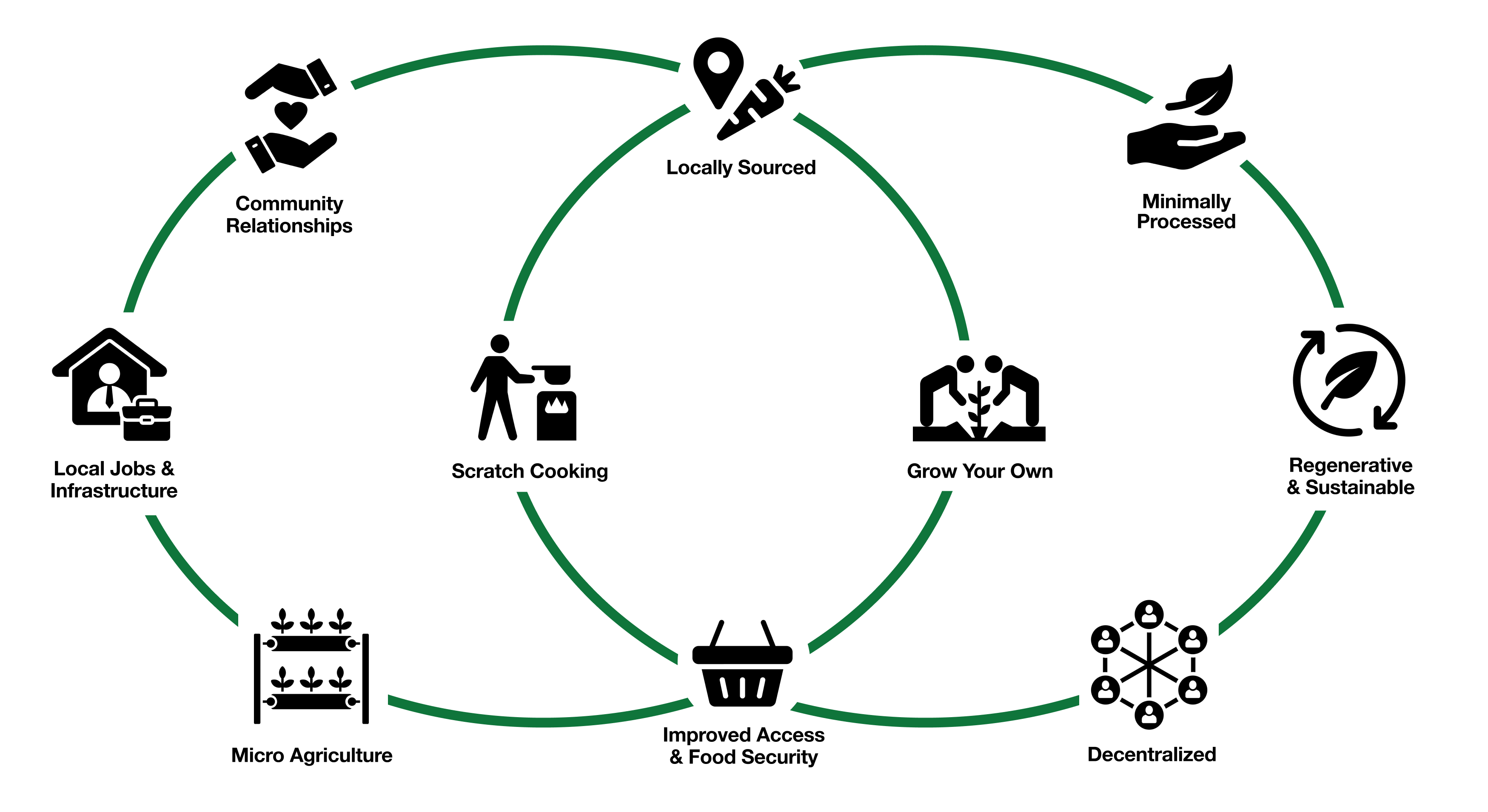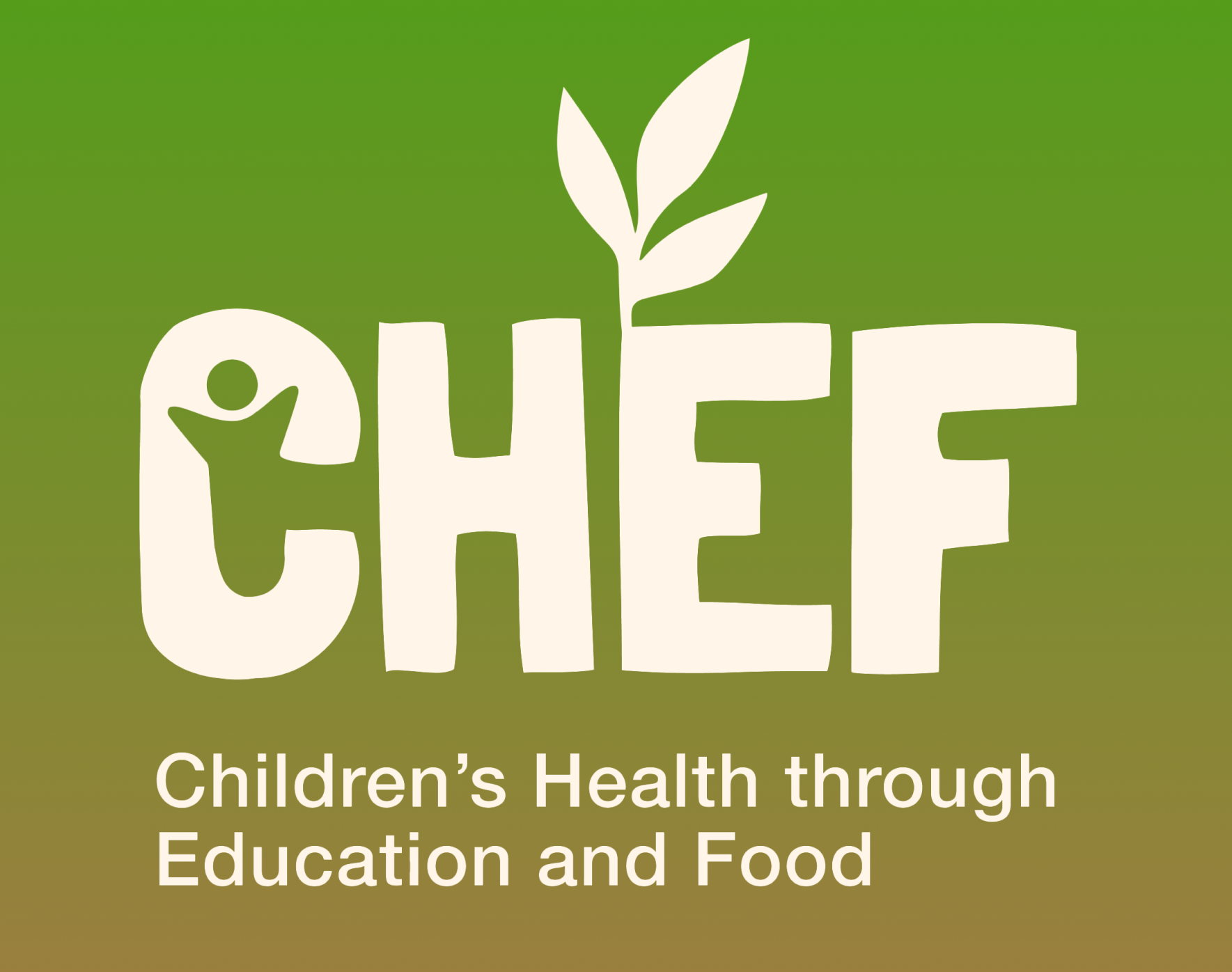Farm to School Futures
________________________________

Healthy Flavors was founded on a vision that plants (including herbs) provide an exclusive source of nutrition that heals our bodies. It is intuitively clear that people benefit most from fresh food grown close to the point of consumption, which requires specific agricultural knowledge and supply chain capability. Reducing space and time between harvest and consumption improves taste and nutrition and reduces waste.
The Farm to School movement was born more than 10 years ago on a realization that many people had lost understanding of where their food comes from. For many if not most, food “magically” and “effortlessly” appears in their homes, through the grocery stores where they shop. Creating and embracing multi-disciplinary programs that connect classrooms, cafeterias and communities is a positive force for change.
Many early efforts in Farm to School focused on implementing gardens in schools and engaging kids growing small quantities of food at school. As the movement grew, several dynamics have brought more supply chain and community focus to the Farm to School movement in the last three to four years:

For those interested in a “reemerging” local food scene, the simple insight that school cafeterias are “the largest restaurant chain” in America – feeding on average 30 million children each day – presents tremendous potential.
Farm to School is providing the groundswell of energy and enthusiasm that is helping both farmers and child nutrition directors overcome the myriad of seemingly insurmountable challenges that can be involved in re-shaping a food system and supply chain simultaneously.
Our Vision for a Healthier Food System

Local farmers stand not just to gain new sales opportunities. They also will benefit from more people getting involved in a “declining” profession due to stigmatization and the industrial/corporate forces pushing/pulling people out of farming.
Child nutrition directors are re-gaining pride in their profession as they take more leadership responsibility for the health and welfare of their cafeteria “customers.” They are gaining newfound respect for the role food and nutrition plays in bolstering learning agility, reducing mental stress and setting kids up for successful, healthy lifestyles into adulthood.




 Mid South Playbook
Mid South Playbook